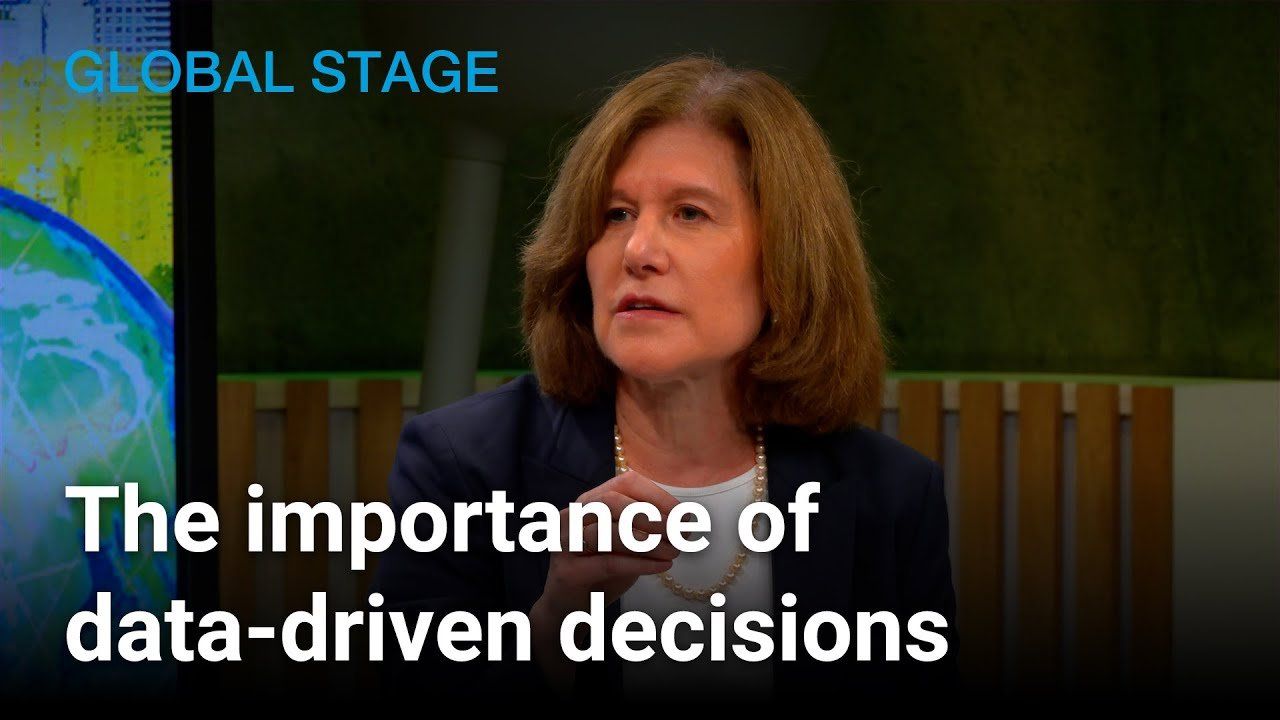Digital Governance
How AI can be used in public policy: Anne Witkowsky

How AI can be used in public policy | Anne Witkowsky | Global Stage | GZERO Media

There are some pretty sharp people all around the world trying to craft policy, but their best efforts are often limited by poor data. Anne Witkowsky, Assistant Secretary of State at the Bureau of Conflict and Stabilization Operations, says that’s about to change.
“Data-driven, evidence-driven decision-making by policymakers is going to be more successful” with the help of artificial intelligence, she said during a Global Stage livestream event at UN headquarters in New York on September 22, on the sidelines of the UN General Assembly.
Witkowsky said the focus needs to be on inclusion and partnership with governments in developing countries to use new technology to “build resilience” against the unrelenting pressure such states face.
The discussion was moderated by Nicholas Thompson of The Atlantic and was held by GZERO Media in collaboration with the United Nations, the Complex Risk Analytics Fund, and the Early Warnings for All initiative.
People in support of former South Korean President Yoon Suk Yeol rally near Seoul Central District Court in Seoul on Feb. 19, 2026. The court sentenced him to life imprisonment the same day for leading an insurrection with his short-lived declaration of martial law in December 2024.
65: The age of former South Korean President Yoon Suk Yeol, who was sentenced to life in prison on Thursday after being found guilty of plotting an insurrection when he declared martial law in 2024.
In an era when geopolitics can feel overwhelming and remote, sometimes the best messengers are made of felt and foam.
The Hungarian election is off to the races, and nationalist Prime Minister Viktor Orbán is facing his most serious challenger in 16 years.
Does skepticism rule the day in politics? Public opinion data collected as part of the Munich Security Conference’s annual report found that large shares of respondents in G7 and several BRICS countries believed their governments’ policies would leave future generations worse off.